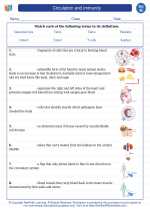Potential Treatments
When it comes to potential treatments in the field of science, there are various approaches that can be explored. These potential treatments can range from pharmaceutical interventions to alternative therapies, and can be applied to a wide array of health conditions.
Pharmaceutical Interventions
Pharmaceutical interventions involve the use of drugs or medications to treat or manage health conditions. These treatments are often developed through extensive research and clinical trials to ensure their safety and efficacy.
Study Guide for Pharmaceutical Interventions:
- What is the process involved in developing a new pharmaceutical treatment?
- What are the potential side effects and risks associated with pharmaceutical interventions?
- How do pharmaceutical treatments interact with the human body at a molecular level?
- What are some examples of successful pharmaceutical interventions in treating specific diseases?
Alternative Therapies
Alternative therapies encompass a wide range of non-conventional treatment approaches that are used in conjunction with or as an alternative to conventional medical treatments. These therapies can include herbal remedies, acupuncture, chiropractic care, and more.
Study Guide for Alternative Therapies:
- What are the principles and mechanisms of action behind various alternative therapies?
- What are the potential benefits and limitations of using alternative therapies as treatments?
- How do alternative therapies align with or differ from conventional medical practices?
- What research is currently being conducted to evaluate the effectiveness of alternative therapies?
Combination Therapies
Combination therapies involve the use of multiple treatment modalities in combination to address a health condition. This approach allows for synergistic effects and a more comprehensive treatment strategy.
Study Guide for Combination Therapies:
- What are the advantages of using combination therapies in treating complex health conditions?
- How do different treatment modalities complement each other in a combination therapy approach?
- What are the challenges and considerations in integrating multiple treatments into a cohesive treatment plan?
- What evidence exists to support the efficacy of combination therapies in various health conditions?
Overall, the study of potential treatments involves a multidisciplinary approach that integrates scientific research, clinical trials, and patient care to advance the field of medicine and improve health outcomes.
.◂Science Worksheets and Study Guides Eighth Grade. Circulation and immunity

 Worksheet/Answer key
Worksheet/Answer key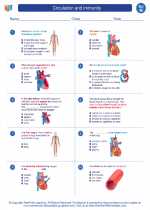
 Worksheet/Answer key
Worksheet/Answer key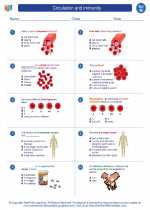
 Worksheet/Answer key
Worksheet/Answer key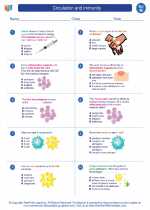
 Vocabulary/Answer key
Vocabulary/Answer key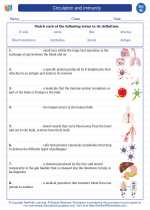
 Vocabulary/Answer key
Vocabulary/Answer key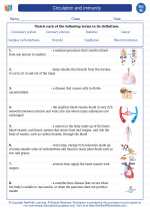
 Vocabulary/Answer key
Vocabulary/Answer key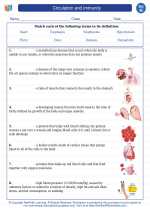
 Vocabulary/Answer key
Vocabulary/Answer key
 Vocabulary/Answer key
Vocabulary/Answer key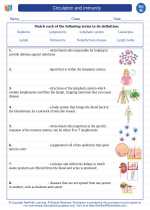
 Vocabulary/Answer key
Vocabulary/Answer key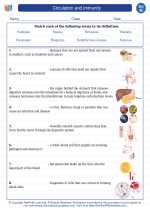
 Vocabulary/Answer key
Vocabulary/Answer key